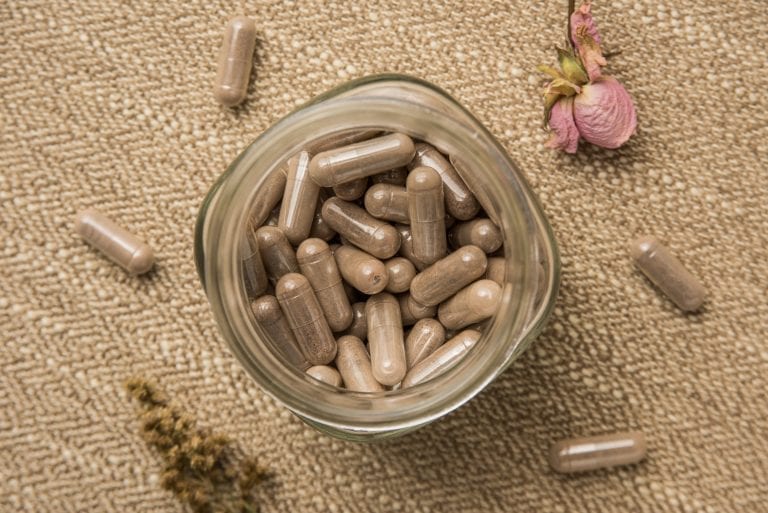Placentophagia (consuming the placenta) is becoming more trendy as more women partake in this practice. But why? And is it safe?
Your placenta is pretty incredible: This organ develops during pregnancy to provide your baby with nutrients and protection. But would you ever consider blending it in a smoothie or cooking up a piping-hot placenta lasagna? It may sound strange, but there are many moms who do it even though there’s not a lot of research on it and experts advise against it.
Increasing popularity over time
Proponents of consuming the placenta say it helps prevent illness; it’s also a way to celebrate the placenta and baby’s birth. Recently, the influence of celebrity moms and their emphasis on natural living have likely led to more mamas considering placenta consumption.
Questionable Benefits
Although most studies on placentophagia have found there are no significant benefits for postpartum women, many mothers who have consumed their baby’s placenta disagree. Common beliefs about the benefits range from nutritional value and pain relief to prevention of postpartum hemorrhage, increased breastmilk production and decreased risk of postpartum depression. Other potential benefits may include improved mother-baby interaction and increased iron levels. However, there is a lack of evidence to support these claims.
Preparation methods
One of the most common preparations is drying the placenta and putting it into capsules. Other women opt to cook the placenta before eating. A Google search turns up recipes using the placenta as a meat substitute or in lasagna, pizza, truffles, tacos and more. Raw placenta can be consumed immediately after birth, as small pieces or in a smoothie, however, this is unappealing to most women and is the least popular method.
Associated risks
Like any other health supplement, placenta consumption is not approved by the FDA. According to the CDC, no standards exist for processing placenta for consumption, and the placenta encapsulation process doesn’t necessarily eliminate infectious pathogens. For these reasons, the CDC says that “placenta capsule ingestion should be avoided.”
In July 2017, the CDC released a report detailing a case from 2016 in which a mother brought her sick newborn to the hospital, where the baby was diagnosed with group B strep. While mom tested negative for the infection, the pills made from her placenta contained group B strep, and she was transferring the bacteria to her newborn.
Bottom line: Discuss with your care provider
It’s clear that more research needs to be done to determine the risks and benefits of placentophagia. Talk to your midwife or pregnancy care provider about their experiences with placenta consumption until the evidence is fully in on the safety and efficacy of such.
BURST: Placenta is Latin for “pancake.”
Rachel Joseph, PhD, CCRN, is an assistant professor; Marissa Giovinazzo and Megan Brown are senior nursing students; all authors are with the Department of Nursing at West Chester University of Pennsylvania in West Chester, PA.






Comments are closed.